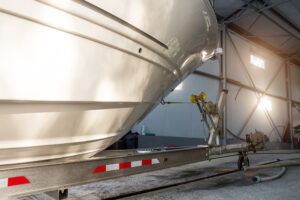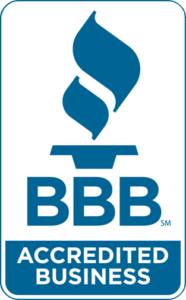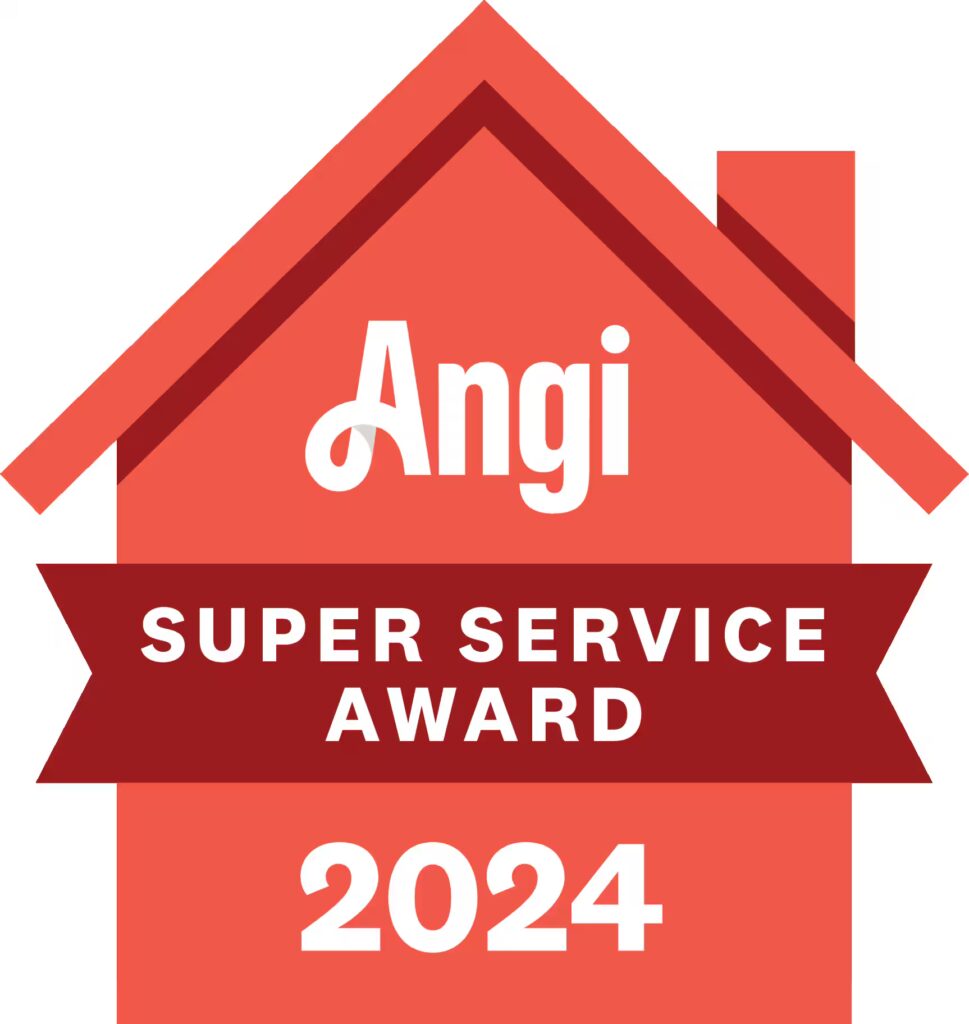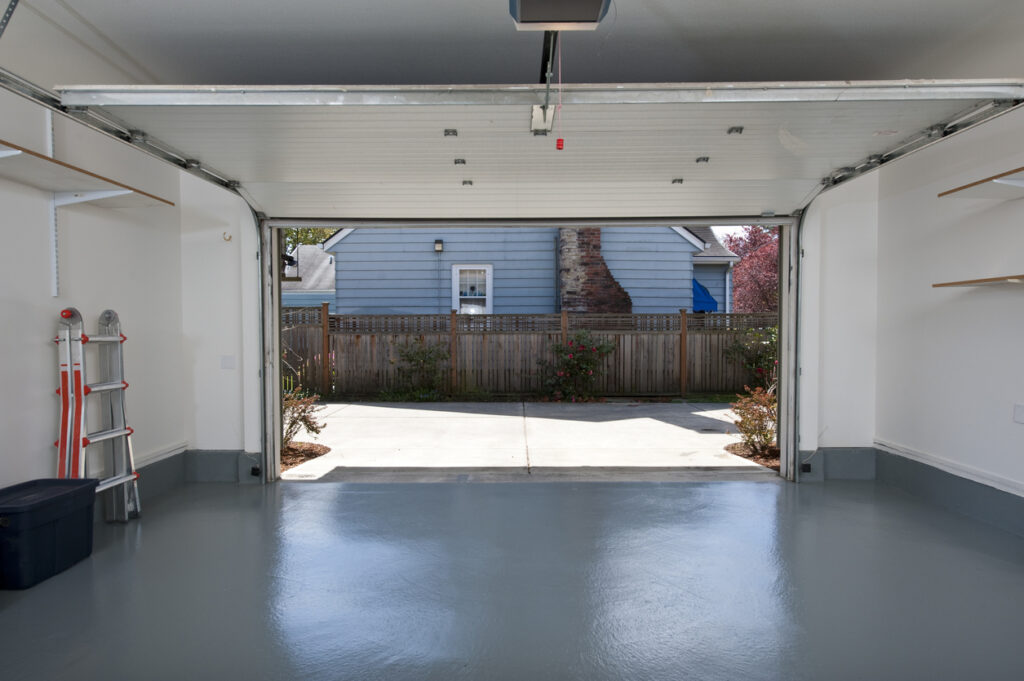 Selecting the right flooring for your garage can be a daunting task given the variety of options available. It’s crucial to consider durability, maintenance, aesthetics and cost when making your choice. Whether you use your garage as a workspace, a place to park vehicles, or even as an extra room, the right flooring choice can enhance the utility and value of the space.
Selecting the right flooring for your garage can be a daunting task given the variety of options available. It’s crucial to consider durability, maintenance, aesthetics and cost when making your choice. Whether you use your garage as a workspace, a place to park vehicles, or even as an extra room, the right flooring choice can enhance the utility and value of the space.
Your preferences play a significant role in the decision-making process. Some homeowners look for sturdy and resilient materials that can withstand heavy use, such as polyaspartic coatings or epoxy. Others might prefer a more cost-effective solution like interlocking tiles or polished concrete, offering ease of installation and a range of colors and textures to fit any design scheme.
Evaluating Garage Flooring Materials
When selecting the best flooring for your garage, consider how each material holds up against wear, spills and vehicle traffic to ensure a long-lasting surface that suits your needs.
Concrete
Concrete flooring in garages brings both advantages and challenges. Its durability and cost-effectiveness stand out, making it suitable for heavy-duty use such as vehicle storage, yet it faces issues like porosity and discomfort when standing for long periods. Enhancements like stains or sealers can address these drawbacks, improving both protection and appearance.
Epoxy and Polyurea Coatings
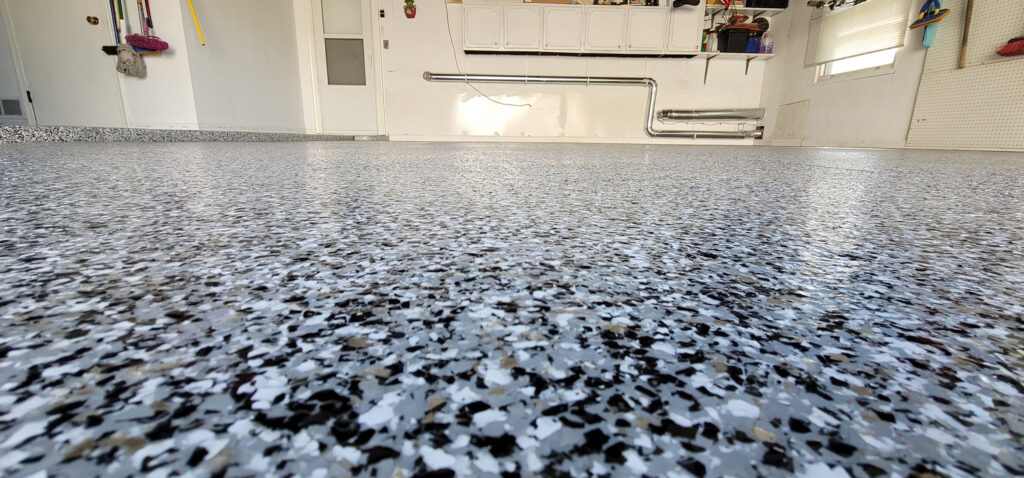 For further durability and functionality, epoxy and polyurea coatings are excellent. Epoxy adds a robust layer against scratches and spills but can be slippery and slow to cure. Polyurea, however, cures quickly and resists UV damage, making clean-ups easier. Professional application is recommended to ensure these coatings bond well with the concrete, extending floor longevity.
For further durability and functionality, epoxy and polyurea coatings are excellent. Epoxy adds a robust layer against scratches and spills but can be slippery and slow to cure. Polyurea, however, cures quickly and resists UV damage, making clean-ups easier. Professional application is recommended to ensure these coatings bond well with the concrete, extending floor longevity.
When considering epoxy floor coatings, it’s recommended to consult with your local Coach House representative prior to construction. This proactive step ensures that necessary precautions are taken to prepare the floor for its coating. By involving your consultant early in the process, you can ensure optimal results and a long-lasting finish.
Tiles and Beyond
Tiles, stone and wood offer additional diversity in garage flooring options, each with unique benefits. Interlocking tiles provide resistance to spills and easy damage control. Stone enhances aesthetics but comes at a higher cost and increased slip risk. Wood, while visually warm, requires extra care against garage hazards. These materials allow for customization according to specific preferences and needs.
Vinyl and Rubber Flooring Options
Vinyl and rubber floors also present viable choices, with vinyl being water-resistant and available in various designs, albeit less durable under heavy use. Rubber floors, offering cushioning and slip resistance, might be vulnerable to sharp objects but are highly durable otherwise. Both materials come in tiles or rolls, facilitating installation tailored to your garage’s requirements and aesthetics.
Managing Garage Floor Maintenance
Proper maintenance is essential to ensure your garage floor withstands daily wear and tear. By addressing stains promptly, choosing the right materials for your climate and committing to regular cleaning, you can protect your investment.
Dealing with Stains and Chemicals
Concrete floors, in particular, are vulnerable to stains and chemicals. Quick action can prevent permanent damage. For oil stains, a combination of kitty litter or cornstarch followed by scrubbing with detergent and water is effective. For chemical spills, protective mats can help, and neutralizing acids with baking soda before thorough cleaning is recommended. Applying a stain-resistant sealant and regularly inspecting and replacing damaged parts of your floor’s paint or sealant can serve as preventive measures.
Climate and Flooring Durability
The environment plays a significant role in the choice and maintenance of garage flooring. Extreme temperatures can cause materials to expand or contract, potentially leading to cracks. Using quality sealants can mitigate this risk. In colder climates, road salt can lead to corrosion and pitting; thus, salt-resistant coatings are beneficial. Choosing durable materials that are suited to local weather patterns and come with weather-related warranties is essential.
Cleaning Tips for Longevity
Regular and proper cleaning is key to preserving your garage floor’s quality. Routine sweeping and mopping with pH-neutral cleaners help maintain the surface, while annual power washing can address deeper grime. Placing absorbent mats under vehicles and runners in high-traffic areas can further protect the floor.
Finding the ideal garage flooring involves balancing functionality, durability and personal taste. From concrete and coatings to tiles and rubber flooring, each option has its advantages and considerations. By factoring in your garage’s use, local climate and budget, you can make a well-informed decision. Remember, the success and longevity of your flooring also depend on diligent maintenance and care. With thoughtful selection and upkeep, your garage can evolve beyond a simple storage area into a versatile and valuable extension of your home, reflecting both your needs and personality. Whether for car maintenance, DIY projects, or additional space, investing in your garage flooring is an investment in your home’s overall utility and appeal.





